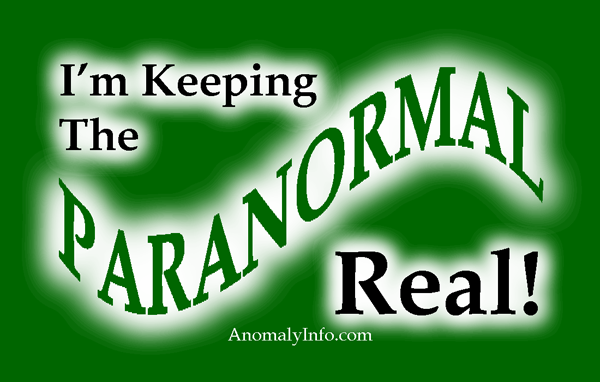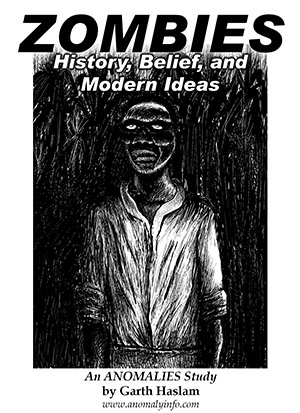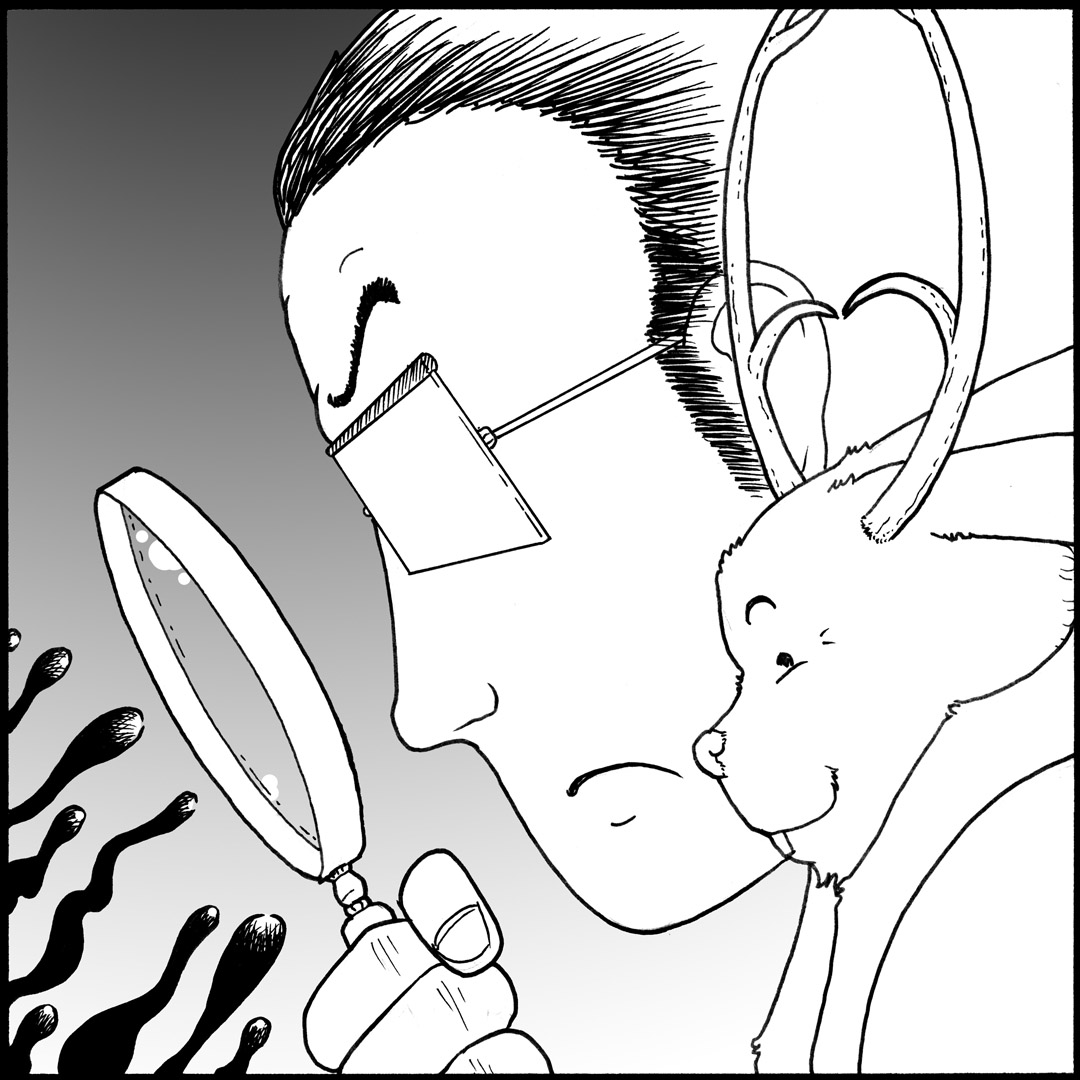1904, December 16: Mrs. Thomas Cochrane’s Fiery Death
The Legend:
On December 16, 1904, Mrs. Thomas Cochrane of Rosehall, Falkirk, Scotland, widow of a prominent local man, was found burned beyond recognition in her bedroom sitting in a chair surrounded by pillows and cushions which were not burned. She had not cried out, and there was no fire in her grate.
Origins of the Legend
All accounts of the supernatural death of Mrs. Thomas Cochrane begin with Charles Fort's report of it in his 1931 book, Lo!. Fort's brief version of Cochrane's death is presented as just one of several short summaries of women who suffered apparently unnatural burns. Here is all Fort says about the occurrence:
London Daily News, Dec. 17, 1904 -- "Yesterday morning, Mrs. Thomas Cochrane, of Rosehall, Falkirk, widow of a well-known, local gentleman, was found burned to death in her bedroom. No fire in the grate -- "burned almost beyond recognition" -- no outcry -- little, if anything else burned -- body found "sitting in a chair, surrounded by pillows and cushions."
In 1968, Vincent Gaddis repeated Fort's simple details in his own book Mysterious Fires and Lights, which had the effect of associating Mrs. Cochrane's death with the phenomena called "spontaneous human combustion," a proposed situation in which a living body ignites itself by an unknown process, generally resulting in death by fire.
Finally, a minor addition to the legend appeared in 1989 in Joyce Robins' book, The World's Greatest Mysteries, where the account is listed under the topic 'spontaneous human combustion'. Robins states that Mrs. Cochrane's first name was Gladys, which implied that Robins had some additional source of information beyond either Fort or Gaddis' versions of the story (she doesn't list what her sources were in her book).
Now, I've been unable to track down a copy of the London Daily News article that Fort quotes (for December 17, 1904) that wouldn't cost me an arm and a leg, and I might someday pay for a general newspaper service to let me at it, but I may already have found the next best thing. As it turns out, Thomas Cochrane really was a "well-known, local gentleman" of Falkirk; he had been a chemist and druggist, like his father, and had made enough money at it to buy the Rosehall estate, a large portion of which land he donated to the town before his death at 83 in 1902. The donated land was used to widen a thoroughfare which was then named "Cochrane Avenue" in his honor. Because of all this, a certain amount was written about Thomas Cochrane -- and the Falkirk Archives has a collection of papers relating to the man. One set of papers is pretty relevant to our worries here; they concern an insurance claim for roughly £2,300 for damages done to Rosehall and its furniture by a fire in a bedroom on December 16, 1904, a claim the insurers agreed to pay.
So Mrs. Cochrane -- her first name is apparently Elizabeth, by the way, not Gladys -- died of burns on the same day that there was a fire in a bedroom of her home; which doesn't sound very supernatural.
I'd like to say I'm surprised, but I'm not. I've double-checked a lot of accounts from Charles Fort's books -- a LOT of accounts -- and I've found that he has a distinct tendency to leave out little details that would make a good story less exciting. You know, little details like facts. To be fair, I haven't seen the London Daily News article Fort referenced, and it's possible that the newspaper article is more to blame than Fort is... but in both cases, this does not appear to be anything as mysterious or supernatural as the legend has since let on.
Anomalies -- the Strange & Unexplained, as well as my other website -- Monsters Here & There -- are supported by patrons, people like you! All new Anomalies articles are now posted for my patrons only, along with exclusive content made just for them. You can become a patron for just $1 a month!
|








